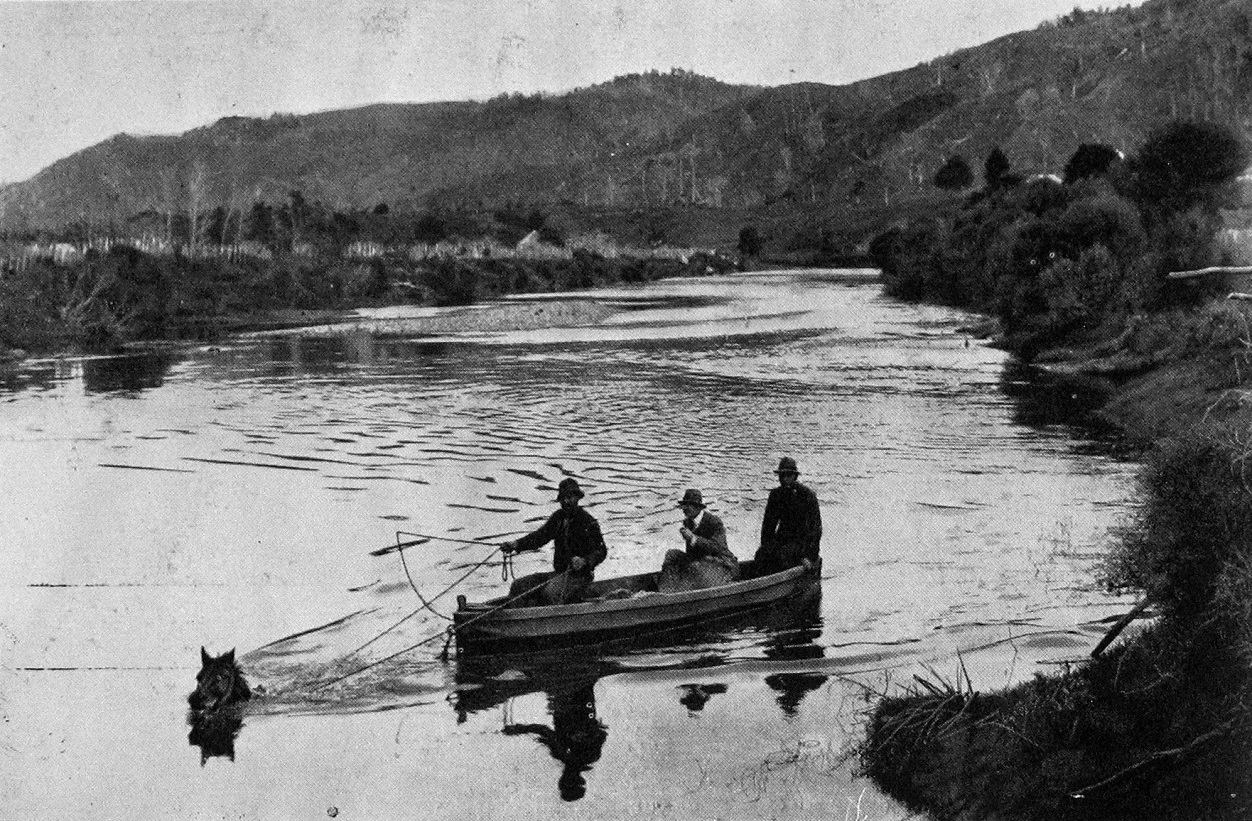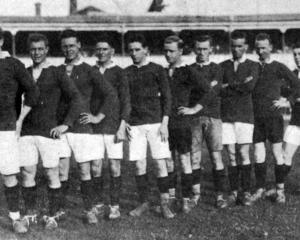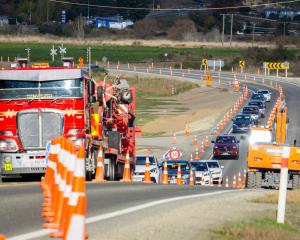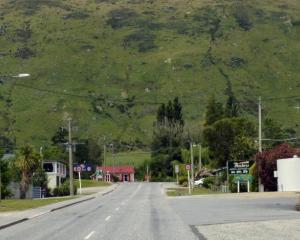
He thought it was fairly well acknowledged that every man who was in the firing line on the western front got at some time or other a whiff of gas. More often than not he did not get enough to warrant him reporting sick. Now, as a layman, it was quite conceivable to him that the gas would affect a man’s lungs and would be a predisposing factor to tuberculosis.
He did not know whether this had engaged the attention of the New Zealand medical authorities to any extent, but should imagine that it had formed a subject for some investigation in England.
He would suggest that some inquiries be made to ascertain whether any such investigations had been made in England, and, if so, the result of such inquiries.
The spirit of Christmas
There is evidently an impression in some quarters that Dunedin is strongly Scottish in its failure to observe Christmas and in its devotion to the old-time revelries of the New Year. An Auckland scribe (in vein that was perhaps meant to be humorous) the other day informed his readers that "New Zealand as a whole devotes itself to the spirit of Christmas, except away down in Dunedin, where they would look on such a tendency as papistical." It is something to know that we are so given to deceiving ourselves "away down" in Dunedin; one would have thought, judging by the shopping and the goods on offer, the large crowds in the streets, and the laughter of young and old, that the spirit of Christmas was fairly abroad in our midst.
Dancing blues
The beginning of the dance season found London’s ballrooms in a state of confusion because of the introduction of the "Blues" — the slow, dreamy version of the fox-trot — and the speeding-up of the ordinary fox-trot. On the crowded floor of one of the most exclusive West End dance clubs a few weeks ago the dancers, including one of the princes, moved gracefully enough during a fox-trot, but the playing of the "Blues" disorganised them and turned them into a jostling, bumping, awkwardly-moving crowd of perplexed people. At present dancing is largely a matter of deep concentration and tense looks. — ODT, 21.12.1923












